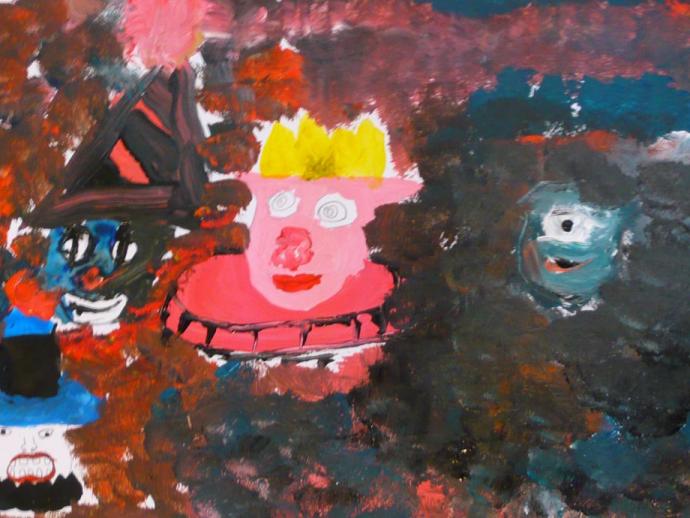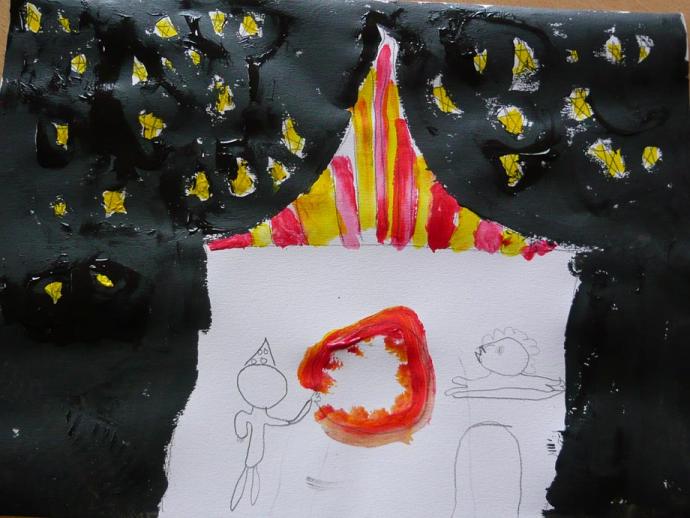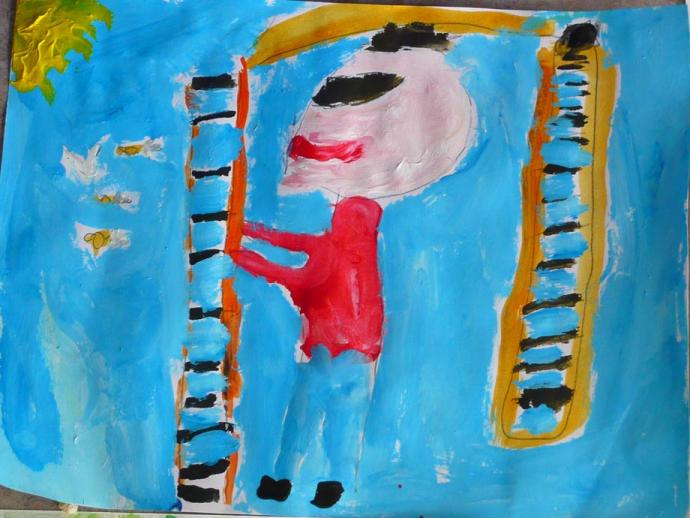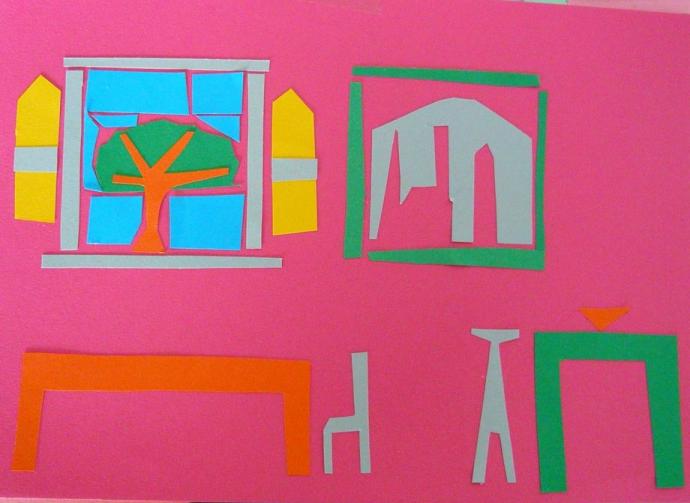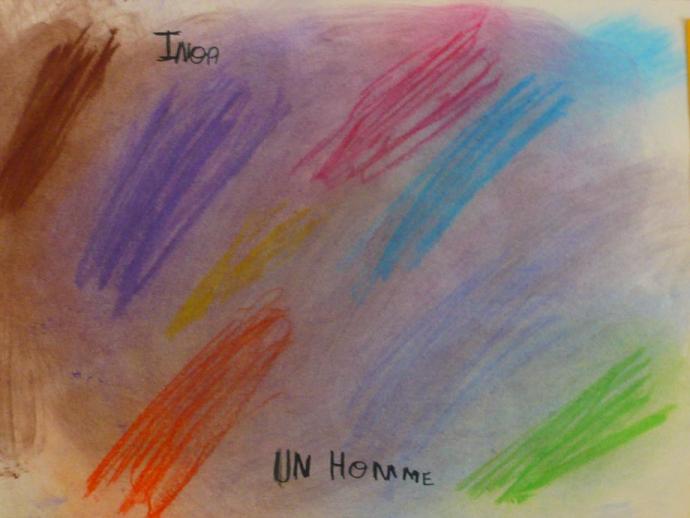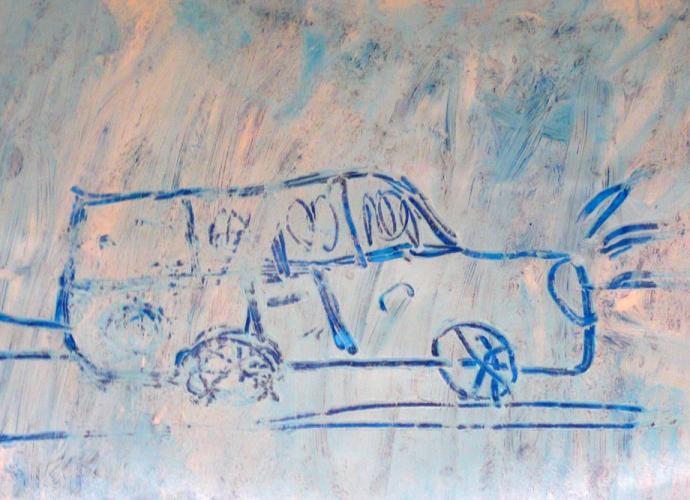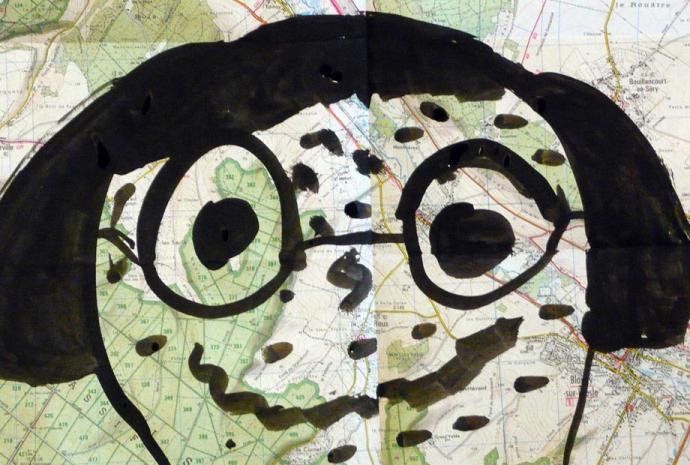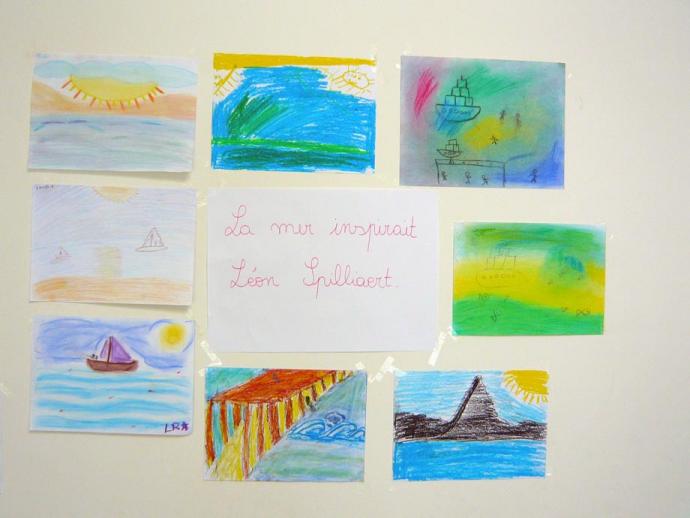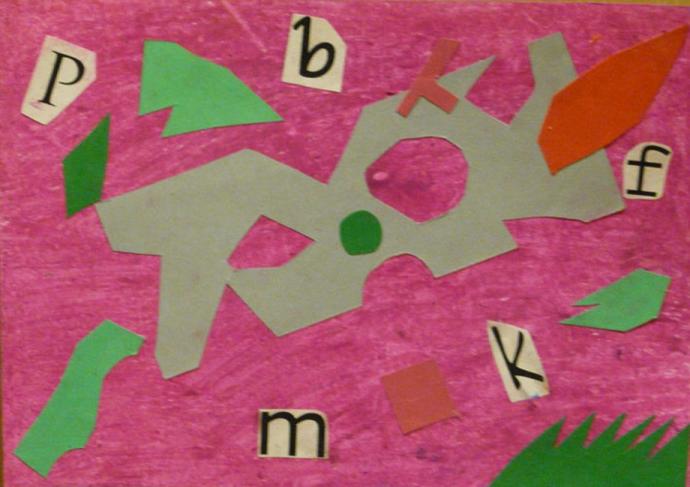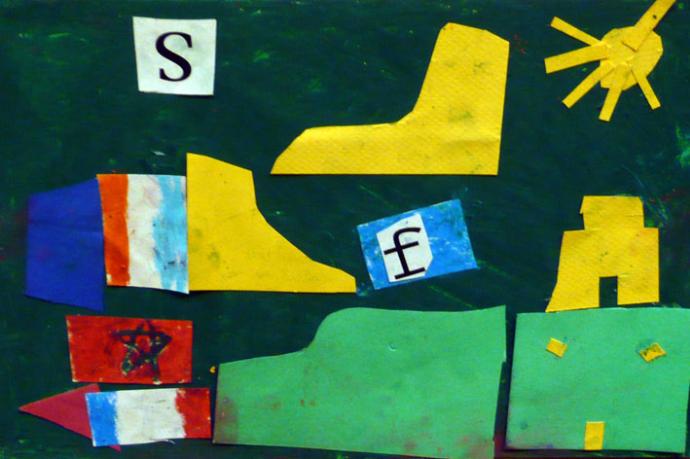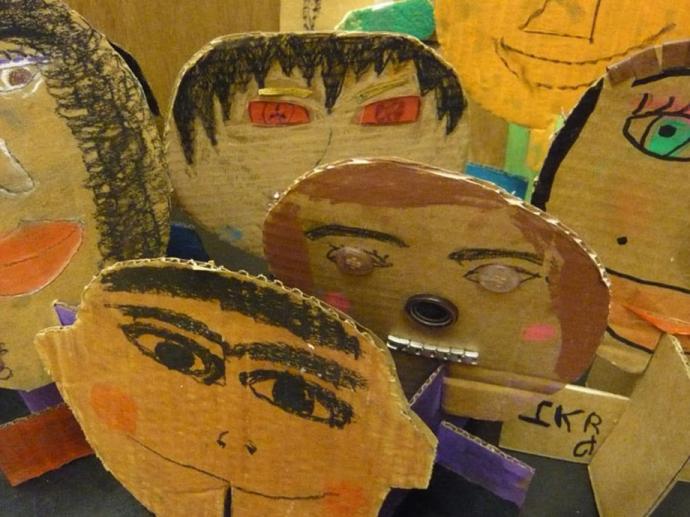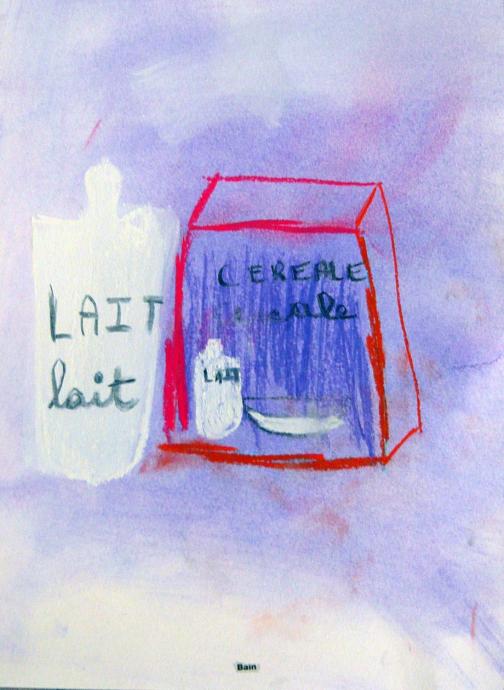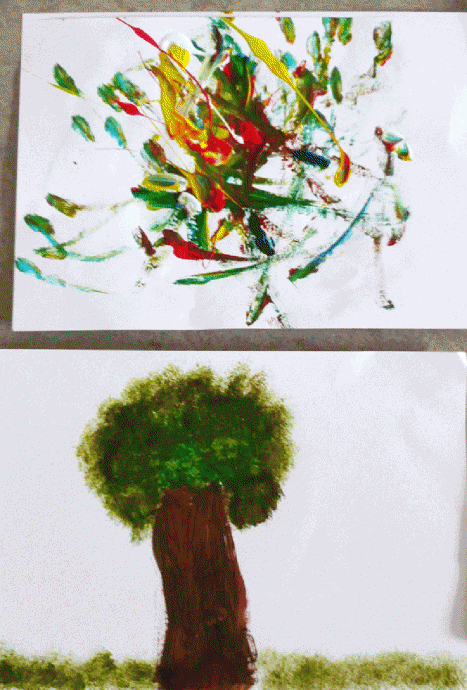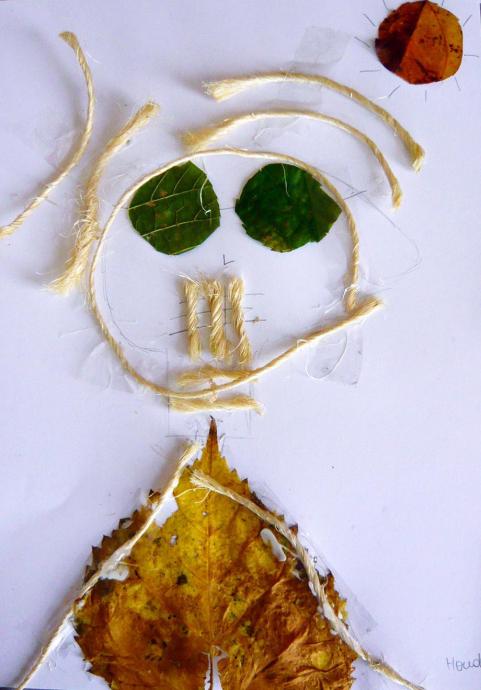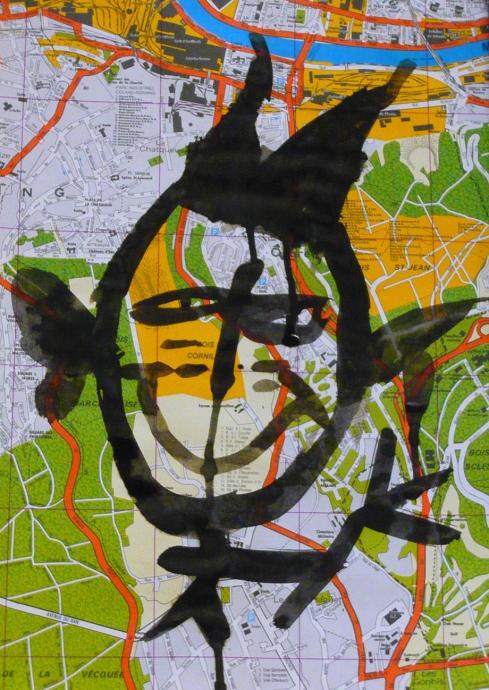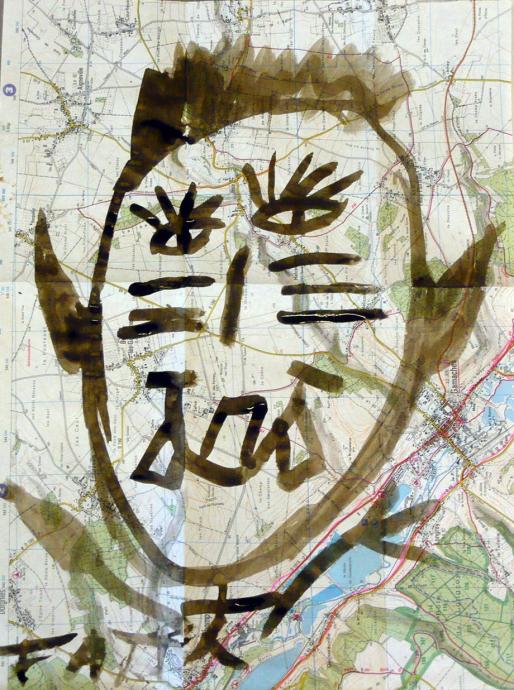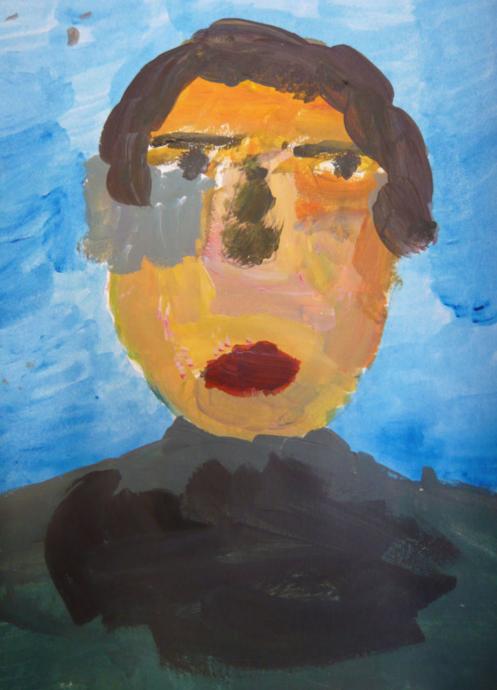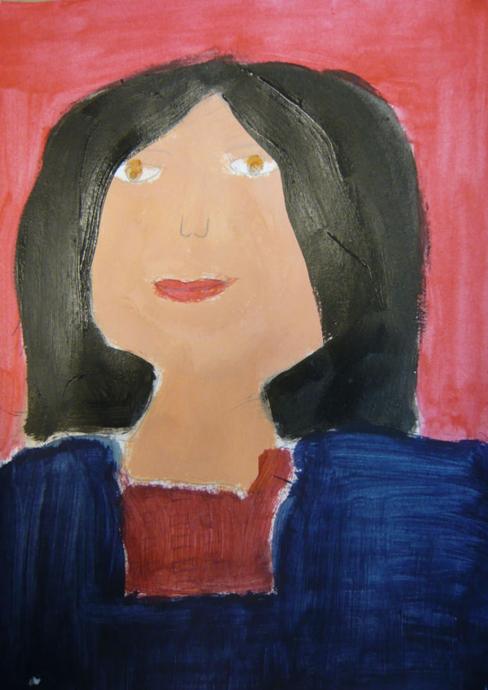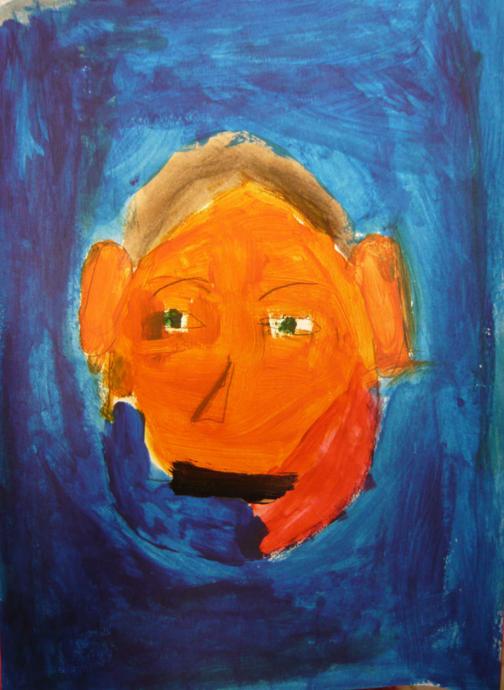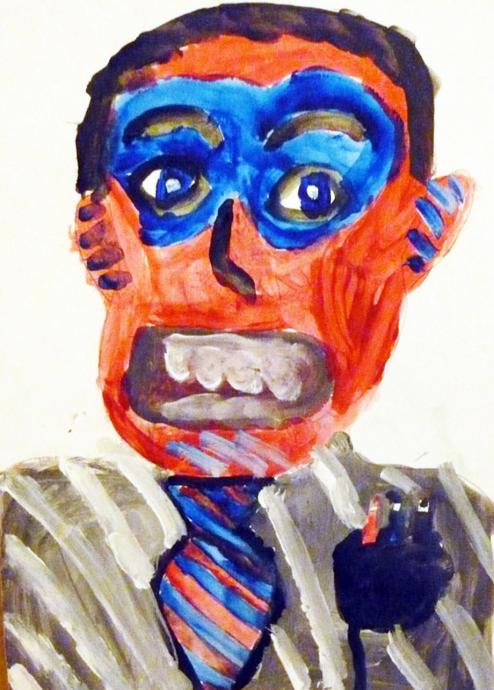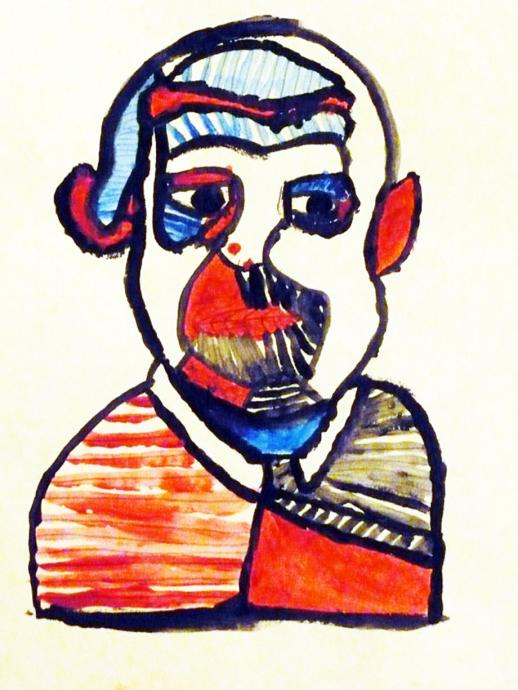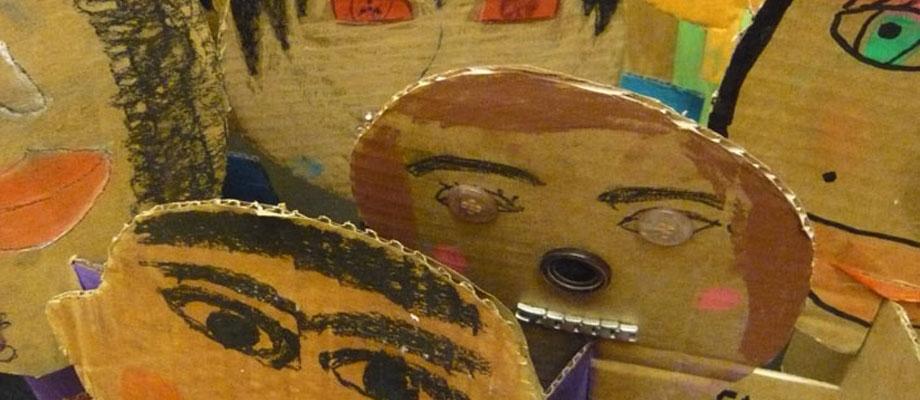
Introduction to art and history of art of the twentieth century
The original idea for these children's workshops, is to link the history of art and creation.
As an illustrator and art historian, I propose to cover in a creative and fun way the work of an important twentieth century painter, through a planned session.First of all, a presentation of the artist, including major events of their life, as well as their important works, allowing the child to become familiar with the painter. A presentation of the artist's journey is illustrated by observing their works (video-projection or supporting art books). Thanks to visual aids, the student can describe the paintings. The themes specific to each artist are covered in a small questionnaire. The child thus understands the context and the challenge of the painter. Children are also encouraged to express what they feel about the paintings shown.
Secondly, an activity related to this work is proposed in order to capture through experimentation what the artist has created that is new and personal. Each painter induces different means of expression : acrylic paint, pastels, collage, coloured paper cut-outs, recyclable objects... For the session on Picasso, the aim is to make a self-portrait in all its facets, in order to understand cubism. For the session on Ensor, the aim is to make a mask that would have appeared in his Ostend master paintings. Students explore the world of the artist in a fun way. Currently three courses have been developed : artists of the twentieth century (Picasso, Matisse, Léger, Dubuffet, Warhol), Belgian artists (Ensor, Spilliaert, Magritte, Broodthaers, Alechinsky) and a third course that is thematic.
Five themes make up the subject of these workshops : the self-portrait from the perspective of Picasso, Primitive Arts and Basquiat, the collage from every angle according to the Dada movement (from Hausmann to Schwitters), the words found to be strange and disturbing with surrealism, triturated and "high texture" materials with Dubuffet and finally, nature inspiring art with the Land Art.
Photographs of student work were taken during the sessions held in the schools of Molenbeek (Bruxelles).
